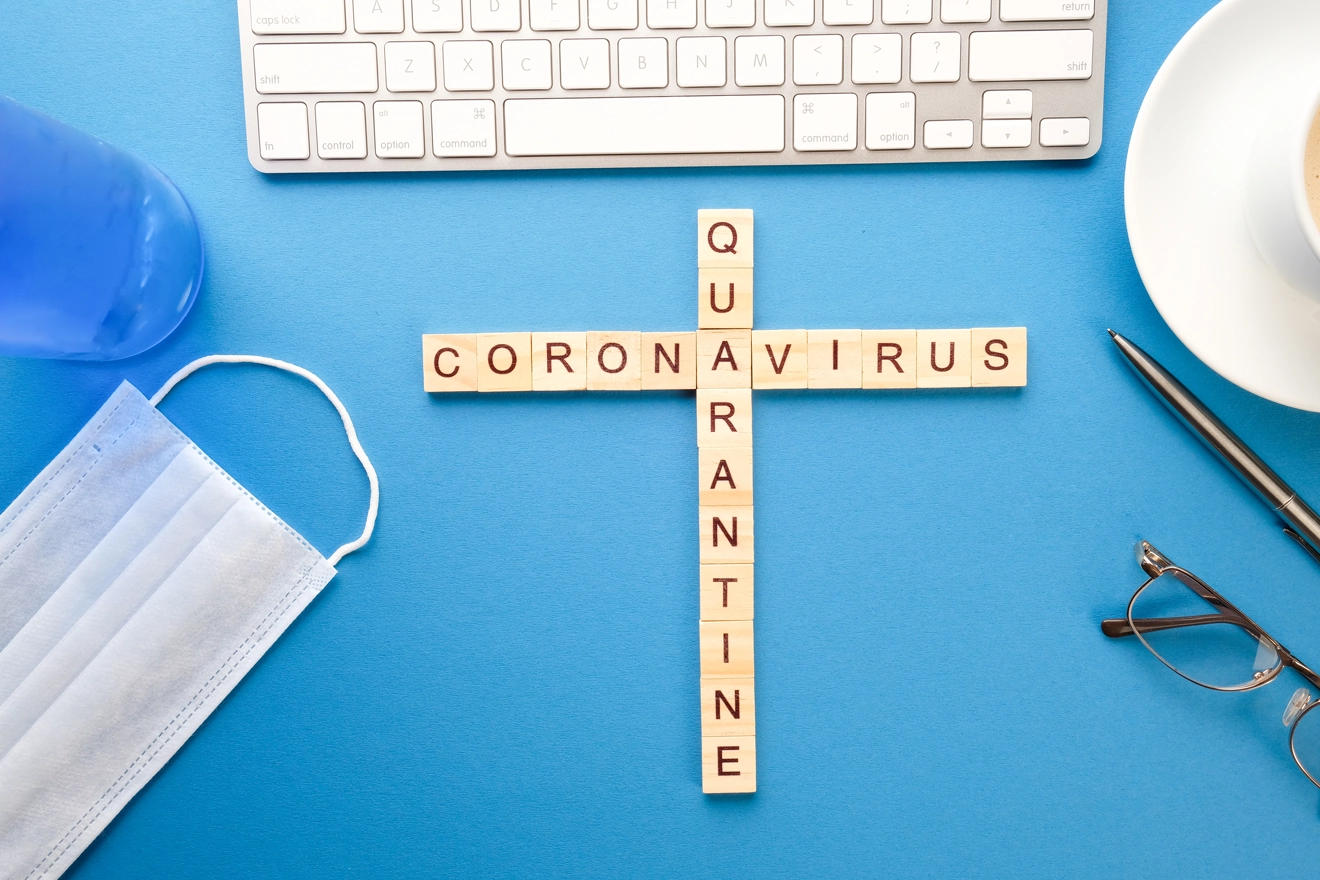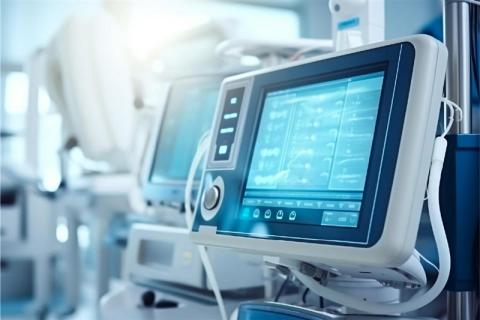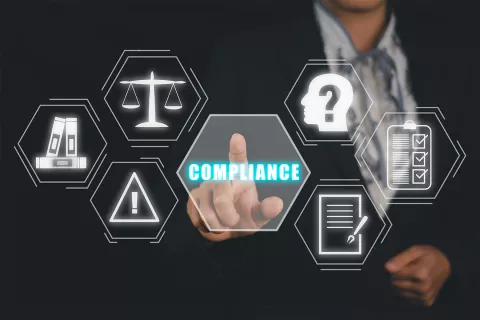
The US FDA continues to release and update the guidelines and enforcement policies for efficient management of the device Regulatory affairs in the USA, alongside handling the emergency health situation that surfaced due to the COVID-19 pandemic.
The Agency has revised the previously released Question and Answers document on, “Effects of the COVID-19 Public Health Emergency on Formal Meetings and User Fee Applications for Medical Devices”. The guidance addresses the FAQs raised by the medical device industry on the Regulatory and policy issues in times of the COVID-19 pandemic. The document throws light on the impact of the pandemic on industry meetings and the MDUFA goals and timelines.
The US FDA has various interactive paths between the Agency and the applicant under the Q-submission program. The CDRH continues to accept the new requests received under the Q-submission program. All these meetings will continue to be carried out virtually through teleconferences or video conferences and already scheduled in-person meetings will also be converted to teleconferences and to be held at scheduled date and time. In addition to the Q-submission programs, the advisory meetings will also be conducted as live virtual meetings through teleconferences and video conferences.
In addition to the interactions with the US FDA, the review timelines of various types of submissions and applications may also be impacted due to the pandemic. The US FDA has its performance goals clearly defined under the Medical Device User Fee Amendments (MDUFA). The CDRH staff has been focusing on developing the enforcement policies under the emergency situation and evaluating the submissions received under the pre-emergency use authorization and emergency use authorization mechanisms. The timelines of the review clocks under any applications will not be extended, but any delays for submissions made under original or supplemental 510(k)s, PMAs and the De-Novo applications, will be handled in adherence to the procedures detailed under relevant guidelines such as “FDA and Industry Actions on Premarket Approval Applications (PMAs): Effect on FDA Review Clock and Goals,” “FDA and Industry Actions on Premarket Notification (510(k)) Submissions: Effect on FDA Review Clock and Goals,” and “FDA and Industry Actions on De-Novo Classification Requests: Effect on FDA Review Clock and Goals.”
In normal situation, the timeline for the applicant to submit a response to the deficiencies issued by the US FDA against the applications submitted under PMA, 510(k), HDE or De-Novo pathways in normal situation is 360 days for original and supplement applications received under HDEs and PMA pathways, whereas, the timeline is 180 days for 510(k) application and De-Novo requests.
Any failure to submit the responses or additional information within these timelines will render the applications to be considered a withdrawn. Under the current pandemic, the US FDA will be accepting the responses submitted with in an additional 180 days, beyond the above-mentioned timelines.
The pandemic is expected to pose challenges for timely submission of responses or additional information by the applicants. This additional time of 180 days will be considered by the Agency, irrespective of whether the applicant has requested for any extension of timelines. Though the US FDA has not specifically mentioned any provision of additional timelines for submission of responses and reports under other submission types such as post approval, 522 Study reports, IDE annual reports or PMA reports, the Agency will accept the delayed submissions but encourages the applicant to submit the same at the earliest possible.
Though the aforementioned information provides a brief outlook of the US FDA’s Q&A document on the impact of the pandemic on medical device industry meetings and the MDUFA goals and timelines, there is a need for further meticulous understanding. To avoid submission challenges, seek a regional Regulatory expert’s advice. Stay informed. Stay Compliant.









